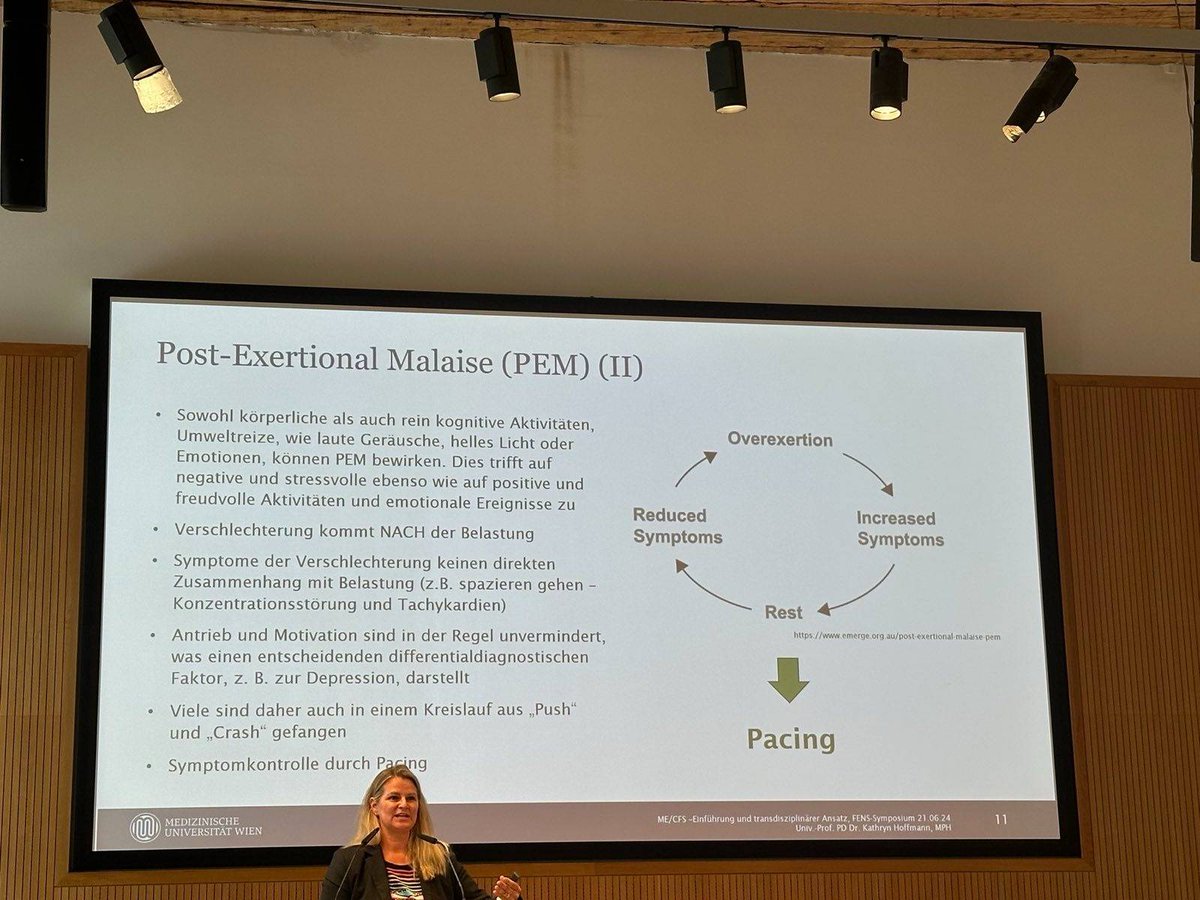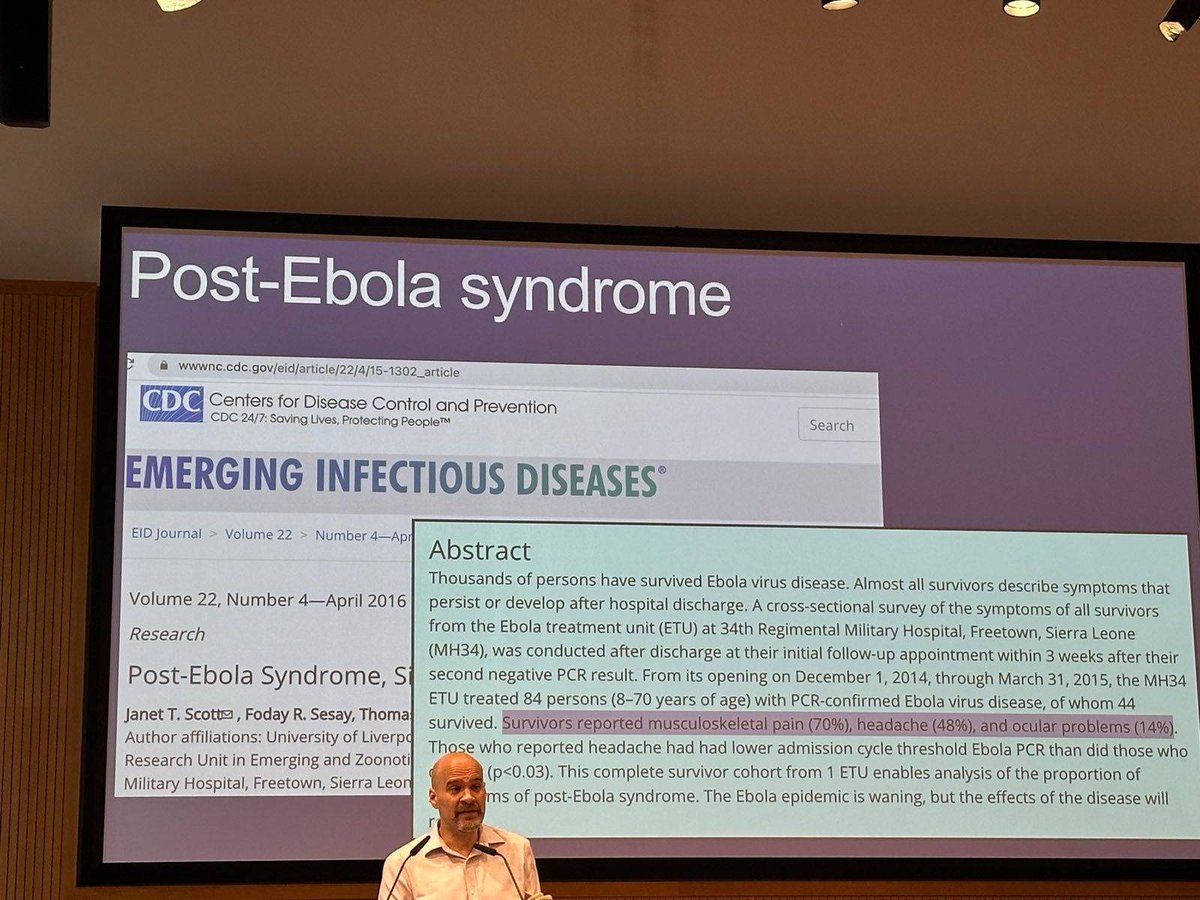Here's the English translation of the text:
Actually, Olivia* is an active and athletic girl. She plays music and basketball, and likes to meet up with her friends. But an infection with the coronavirus has suddenly changed the life of the now 12-year-old from Bern.
She became increasingly tired, was extremely exhausted. The energy was missing.
Olivia has been suffering from Long Covid, a sequela of a corona infection, for almost two years.
Last fall, Olivia was infected with the virus for a second time. "From then on, it went more and more downhill," her mother Deborah S.** tells Nau.ch.
"Absolutely exhausted"
First, the 12-year-old had to give up her hobbies. And at school, she had increasing difficulties concentrating and participating. "She would come home absolutely exhausted," says her mother.
Olivia became ill, suffering from fever, racing heart, and dizziness. Added to this were headaches, digestive problems, and exercise intolerance.
When school was no longer an option, they had to cut back her schedule. She was supposed to focus on the main subjects initially, could skip early morning lessons and miss tests.
But even that was too much. "After two to three lessons a day, she was flat out and had no more energy. The day was over," says Deborah S.
The situation got worse and worse. Even after a short exertion, she was confined to bed for a whole week, unable to get up. "Sometimes she couldn't even speak because it would have cost too much energy."
Long Covid reduces children's future chances
The consequence: Since the spring holidays, Olivia has not been in school and has therefore received hardly any education since then, social contacts are missing.
The association "Long Covid Kids Switzerland" warns Nau.ch that children like Olivia are losing part of their youth, if not all of it. "And because of the often missing/insufficient schooling, they also lose valuable months/years of education and future opportunities. We already have young people in our group who have no school-leaving qualification because of their illness."
Estimates of the number of people affected by Long Covid vary: Between 70,000 and 300,000 Swiss are said to suffer from it.
Chantal Britt, President of "Long Covid Switzerland", tells Nau.ch: "It is unacceptable that after more than four years, no reliable statistics on the frequency of Long Covid in children are known."
No official data on Long Covid
"At 'Long Covid Switzerland', we base our estimates on figures collected abroad." According to these estimates, at least 23,000 children and adolescents in Switzerland would meet the criteria for Long Covid. At least 9,000 of them would have persistent complaints, says Britt.
Claudia Schumm, Co-President of "Long Covid Kids Switzerland", adds: "Around 280 families from German-speaking Switzerland with affected children/adolescents are currently exchanging information in our Facebook group."
Meanwhile, Olivia's mother Deborah S., who works in social pedagogy, is fighting with the doctors. She and her daughter were not believed, Long Covid was dismissed as depression, she reports.
The single mother of three children then networked in self-help groups. And spent hours exchanging information with those affected. There she learned about the possibility of oxygen and blood washing therapy.
Clinical data lacking in Long Covid therapy
As clinical data is lacking, all approaches are "off-label" (outside approved use), explains "Long Covid Switzerland". "Many health insurance companies and insurers do not recognize Long Covid as a disease, let alone as a physical illness."
President Britt confirms: "As with disability insurance assessments, it is usually attributed to the psyche. For this reason, those affected have to bear the costs of blood washing themselves."
Nau.ch accompanied Olivia to her fourth blood washing therapy. For this, she has to fight her way out of bed early in the morning and make her way to Zurich.
Olivia is visibly tired and exhausted before and during the appointment. Every step, every movement is a strain. She only speaks when necessary to save energy.
Arriving at the practice in Zurich, she has to lie down similar to a blood donation. The accesses are laid at her veins. In blood washing - in technical jargon called HELP apheresis - the blood is sucked off and then filtered in a machine.
After blood clots and spike proteins are filtered out, the blood is guided back into the body. This treatment takes between three to four hours each time.
During the therapy, Olivia falls asleep again and again. She lacks the strength to answer questions from Nau.ch. Her mother provides information in her place.
Therapy gives Olivia strength
"After the therapy, my daughter feels better. She has strength again and is sometimes full of energy," reports the mother. Then she also has to slow Olivia down to prevent a setback.
"But it's always a balancing act. After all, she also needs social contacts and experiences," says Deborah S.
Her daughter's Long Covid illness not only pushes her to her limits emotionally and in terms of time. It also costs money. Not opting for the treatment is not an option.
"My daughter needs this treatment now. I can't not treat her because of a health policy gap," she says. Otherwise, there's a fear that her daughter's illness could become chronic.
15,000 francs collected through crowdfunding
That's why she started a crowdfunding campaign on the platform "Go Fund Me" and collected 15,000 francs. Chantal Britt from "Long Covid Switzerland" says about this: "The fact that those affected are conducting crowdfunding to pay for their treatment should really give us pause for thought as a country."
Additionally, the family is given hope by the Spitex, whose support for care they will be able to count on in the future after months of waiting.
Furthermore, Deborah S. hopes that society and politics will not sweep the processing of the pandemic under the carpet. But that solutions will be sought and implemented in a timely manner. Her appeal: "Don't forget us, we need your help!"
*Name changed by the editorial team
**Full name known to the editorial team




